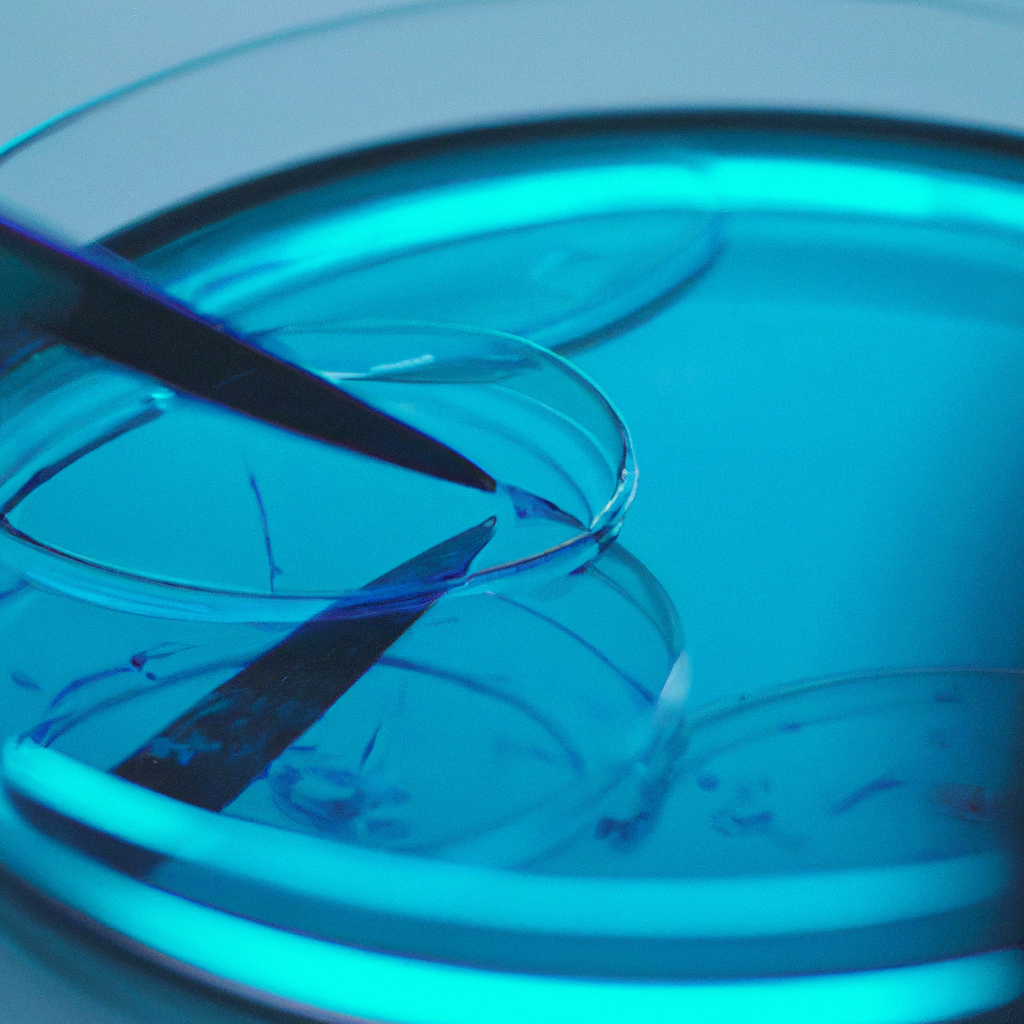Nanotechnology has emerged as a game-changer in many fields, including medicine. With its ability to manipulate matter at the nanoscale, it has opened up new frontiers in medical research, leading to numerous medical advancements. Nanotechnology in medicine involves the application of nanoscience and nanotechnology to healthcare, leading to the development of nanomedicine, which has revolutionized drug delivery, cancer treatment, biomedical engineering, precision medicine, and even nanorobotics.
Nanotechnology in Drug Delivery
Drug delivery is a critical aspect of medicine, but the traditional methods have some limitations. Nanotechnology has overcome some of these hurdles by enabling the development of novel drug delivery systems, known as nanocarriers. Nanocarriers are nanoparticles that can encapsulate drugs and deliver them to specific cells or tissues in the body. This approach offers numerous benefits, including targeted drug delivery, reduced toxicity, and improved efficacy. Nanocarriers can also overcome biological barriers, such as the blood-brain barrier, which limits the delivery of drugs to the brain.
Nanotechnology in Cancer Treatment
Nanotechnology has opened up new avenues for cancer treatment by enabling the development of nanoscale devices that can target cancer cells. One such device is the nanorobot, which can navigate through the bloodstream and deliver drugs or destroy cancer cells directly. Nanorobots can also detect cancer cells and report back to doctors, enabling early diagnosis and treatment. Another application of nanotechnology in cancer treatment is nanosensors, which can detect cancer biomarkers in the blood or urine, leading to early detection and treatment.
Nanotechnology in Biomedical Engineering
Biomedical engineering involves the application of engineering principles to medicine, leading to the development of medical devices and technologies. Nanotechnology has played a significant role in biomedical engineering by enabling the development of nanoscale devices that can interact with biological systems. For example, nanomaterials can be used to develop artificial organs or tissues that can replace damaged or diseased ones. Nanosensors can also be used to monitor vital signs or detect pathogens, leading to improved patient outcomes.
Nanotechnology in Precision Medicine
Precision medicine involves tailoring medical treatments to individual patients, taking into account their genetic makeup, lifestyle, and environment. Nanotechnology has enabled the development of nanosensors that can monitor a patient’s health in real-time, leading to personalized treatment. Nanotechnology can also be used to develop nanocarriers that can deliver drugs to specific cells or tissues, leading to personalized drug therapy. Precision medicine offers numerous benefits, including improved patient outcomes, reduced healthcare costs, and reduced adverse reactions to medication.
Nanorobotics in Medicine
Nanorobotics involves the development of nanoscale devices that can perform specific tasks in the body, such as drug delivery or tissue repair. Nanorobotics has the potential to revolutionize medicine by enabling targeted drug delivery, tissue repair, and even surgery. Nanorobots can also be used to remove blood clots or repair damaged tissues, leading to improved patient outcomes. Nanorobotics is still in its infancy, but the potential applications are vast.
In conclusion, nanotechnology has a significant role to play in medicine, leading to numerous medical advancements. From drug delivery to cancer treatment, biomedical engineering to precision medicine, and even nanorobotics, nanotechnology has opened up new frontiers in medical research. With continued research and development, nanotechnology has the potential to revolutionize medicine, leading to improved patient outcomes, reduced healthcare costs, and better quality of life.







